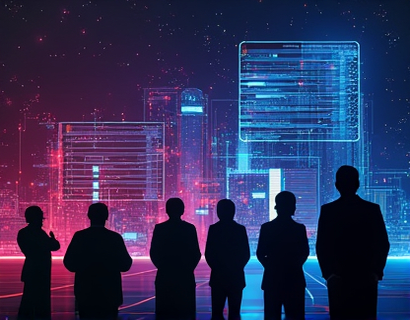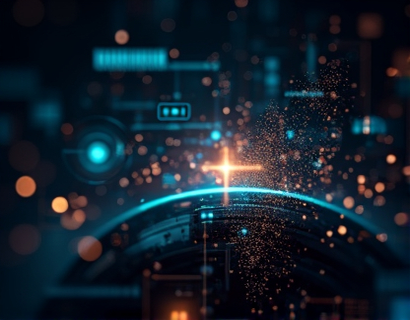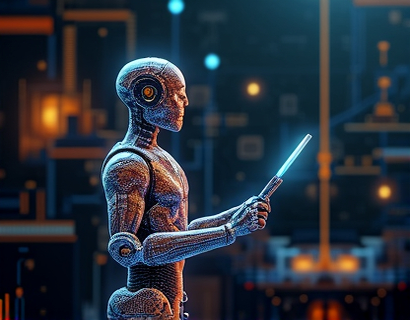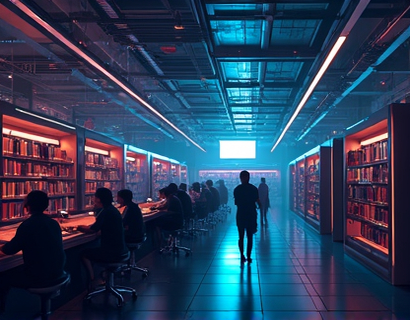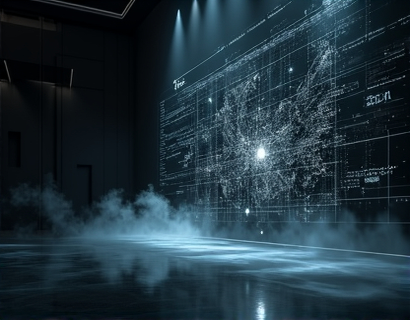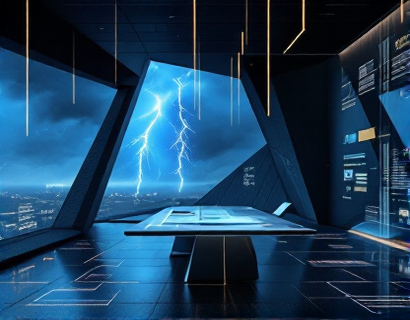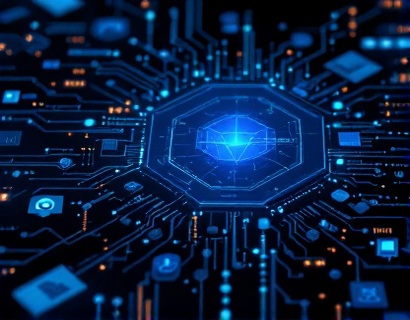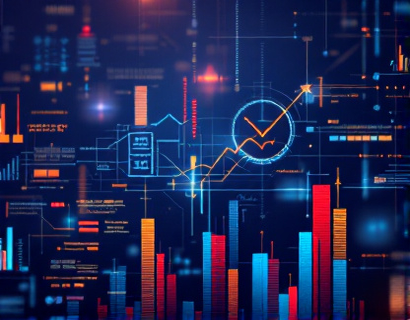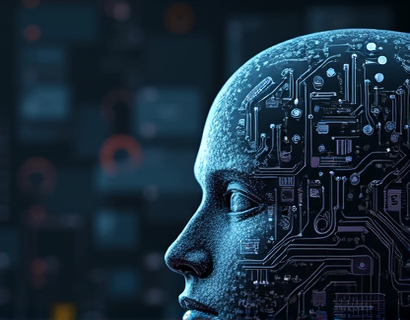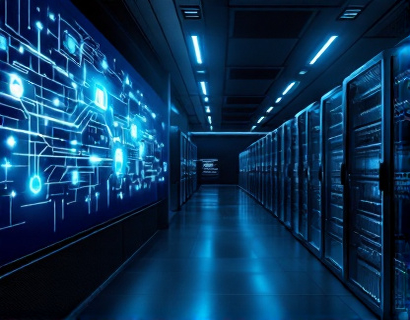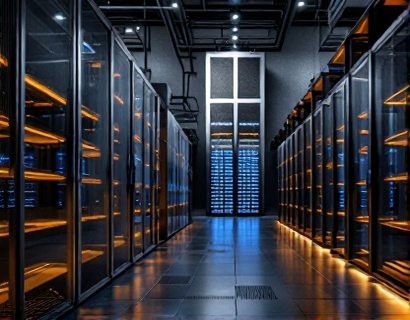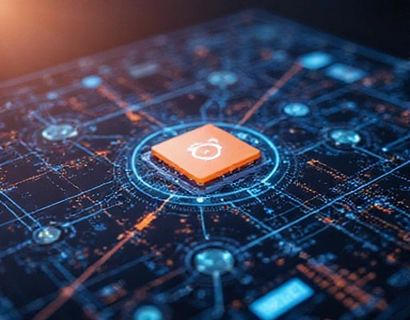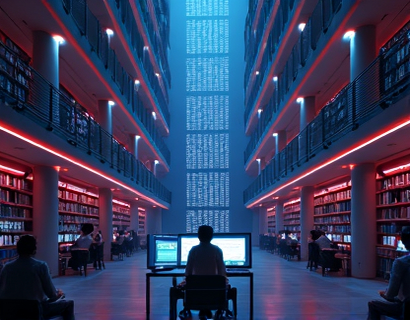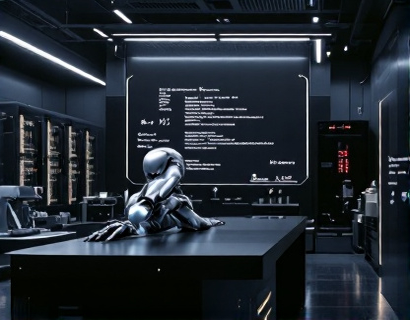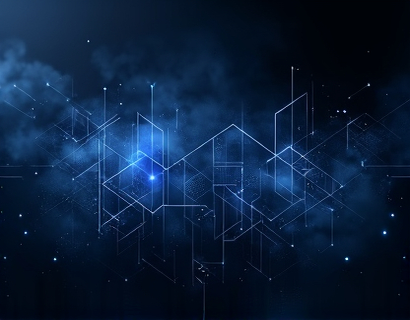Decentralized DAOs: Revolutionizing Web3 Governance with Community Empowerment and Innovation
In the rapidly evolving landscape of Web3, decentralized autonomous organizations (DAOs) stand as a pivotal force, redefining governance and community engagement. This article delves into the transformative potential of DAOs, focusing on how they empower communities, enhance transparency, and drive scalability and innovation in digital protocol management. By exploring the core principles and real-world applications of DAOs, we aim to illuminate the path towards a more interconnected and future-proof digital ecosystem.
Understanding Decentralized DAOs
At their core, DAOs are organizations governed by smart contracts on a blockchain. These smart contracts encode the rules and procedures for decision-making, fund management, and operational execution. Unlike traditional hierarchical organizations, DAOs distribute power among their members, typically represented by tokens. Each token holder has a voting right proportional to their token ownership, enabling a democratic and decentralized approach to governance.
The term "decentralized" emphasizes the absence of a central authority. Instead, decisions are made collectively by the community, ensuring that no single entity can unilaterally alter the organization's direction. This decentralization is achieved through transparent and immutable blockchain technology, which records all transactions and governance actions. The transparency inherent in blockchain ensures that all members can verify and audit the organization's activities, fostering trust and accountability.
Community Empowerment through DAOs
One of the most significant advantages of DAOs is their ability to empower communities. In traditional organizations, decision-making power is concentrated in the hands of a few leaders. In contrast, DAOs distribute this power across a broad base of token holders, allowing for a more inclusive and participatory governance model. This shift not only democratizes decision-making but also encourages active participation from community members.
Community empowerment in DAOs manifests in several ways. First, token holders have a direct say in the direction of the organization, from strategic decisions to operational changes. This direct involvement ensures that the organization remains aligned with the collective interests of its members. Second, the open-source nature of many DAOs allows for collaborative development, where community members can contribute code, ideas, and resources. This collaborative environment fosters innovation and accelerates problem-solving.
Moreover, DAOs promote a culture of transparency and trust. Since all governance actions and financial transactions are recorded on the blockchain, community members can easily track the organization's activities. This transparency reduces the risk of corruption and mismanagement, as any suspicious activity is immediately visible to all participants. The combination of empowerment and transparency creates a robust foundation for sustainable and resilient communities.
Transparency in DAO Governance
Transparency is a cornerstone of DAO governance, and blockchain technology plays a crucial role in achieving this. The immutable and public nature of blockchain ensures that all governance proposals, votes, and outcomes are recorded and accessible to everyone. This level of transparency is unparalleled in traditional governance models, where information is often controlled and manipulated by those in power.
In a DAO, governance proposals are typically submitted to the community for discussion and voting. These proposals are detailed in smart contracts, which outline the objectives, timelines, and potential impacts. Community members can review these proposals, ask questions, and provide feedback before casting their votes. The voting process itself is transparent, with all votes recorded on the blockchain. This ensures that the outcome reflects the true will of the community, free from manipulation or bias.
Furthermore, the transparency of DAOs extends to financial management. All transactions related to fund allocation, expenses, and revenue are logged on the blockchain. This level of financial transparency builds trust among members and external stakeholders, as it demonstrates accountability and responsible stewardship of resources. Community members can monitor the organization's financial health in real-time, ensuring that funds are used efficiently and effectively.
Scalability and Innovation in DAO-Driven Protocols
Scalability and innovation are critical for the long-term success of Web3 protocols, and DAOs are well-positioned to address these challenges. By leveraging the collective intelligence and resources of the community, DAOs can drive innovation at a pace that traditional organizations often cannot match.
One key aspect of scalability in DAOs is the ability to adapt quickly to changing circumstances. Traditional organizations are often bogged down by bureaucratic processes and hierarchical decision-making, which can slow down their response to new opportunities or threats. In contrast, DAOs can rapidly mobilize their community to address emerging issues. Governance proposals can be quickly drafted, discussed, and voted on, allowing the organization to pivot and evolve in real-time.
Innovation is another area where DAOs excel. The open and collaborative nature of DAOs encourages diverse perspectives and ideas. Community members from various backgrounds and expertise can contribute to the development of new features, protocols, and solutions. This collective creativity fosters a culture of innovation, where the best ideas rise to the top through community-driven decision-making.
Moreover, DAOs can experiment with novel governance models and technological advancements without the constraints of traditional organizational structures. For instance, they can test decentralized finance (DeFi) applications, non-fungible token (NFT) marketplaces, and other Web3 innovations directly within their governance framework. This experimentation not only drives technological progress but also provides valuable insights and best practices for the broader Web3 ecosystem.
Real-World Applications of DAOs
Several projects and organizations are already leveraging DAOs to revolutionize Web3 governance. One notable example is the DAOstack platform, which provides a suite of tools for building and managing DAOs. DAOstack enables the creation of customizable governance frameworks, facilitating the development of decentralized organizations across various domains.
Another example is the MolochDAO, a decentralized funding organization that supports open-source projects and initiatives. MolochDAO operates on the Ethereum blockchain and allows community members to propose and vote on funding requests. This decentralized approach to funding has democratized access to resources, enabling a wide range of projects to receive support based on community support rather than traditional gatekeeping.
Additionally, the SingularityNET platform utilizes a DAO to govern the development and deployment of artificial intelligence (AI) applications. The DAO ensures that the platform remains open, decentralized, and community-driven, fostering innovation in AI and machine learning. This approach not only accelerates technological advancements but also ensures that the benefits of AI are distributed equitably among the community.
Challenges and Considerations
While DAOs offer numerous benefits, they also come with unique challenges that need to be addressed. One significant challenge is the technical complexity associated with blockchain and smart contracts. For many potential participants, understanding and engaging with DAOs can be daunting. To overcome this, educational resources and user-friendly interfaces are essential to make DAOs accessible to a broader audience.
Another challenge is the governance paradox, where the decentralized nature of DAOs can lead to decision paralysis. With a large number of token holders, reaching a consensus can be difficult, especially on contentious issues. To mitigate this, DAOs can implement mechanisms such as liquid democracy, where token holders can delegate their voting rights to trusted representatives, streamlining the decision-making process.
Legal and regulatory uncertainties also pose a challenge for DAOs. As the legal framework for decentralized organizations is still evolving, DAOs must navigate a complex and often unclear regulatory landscape. Engaging with legal experts and advocating for clear and supportive regulations are crucial steps in ensuring the long-term viability of DAOs.
The Future of DAOs in Web3
As Web3 continues to mature, the role of DAOs is poised to become increasingly significant. The combination of community empowerment, transparency, and scalability makes DAOs a powerful tool for building sustainable and innovative digital ecosystems. By fostering a culture of collaboration and inclusivity, DAOs can drive the adoption of Web3 technologies and create a more equitable digital world.
Looking ahead, we can expect to see more sophisticated DAO frameworks that integrate advanced features such as automated governance, predictive analytics, and enhanced user experiences. These advancements will further democratize access to Web3 technologies and empower communities to shape the future of the digital landscape. As more organizations and individuals embrace the DAO model, we can anticipate a more interconnected, resilient, and innovative Web3 ecosystem.
In conclusion, decentralized DAOs represent a transformative force in Web3 governance, offering a path towards community-driven innovation and empowerment. By harnessing the power of blockchain and smart contracts, DAOs are redefining how organizations are structured and managed, paving the way for a more transparent, scalable, and inclusive digital future.



